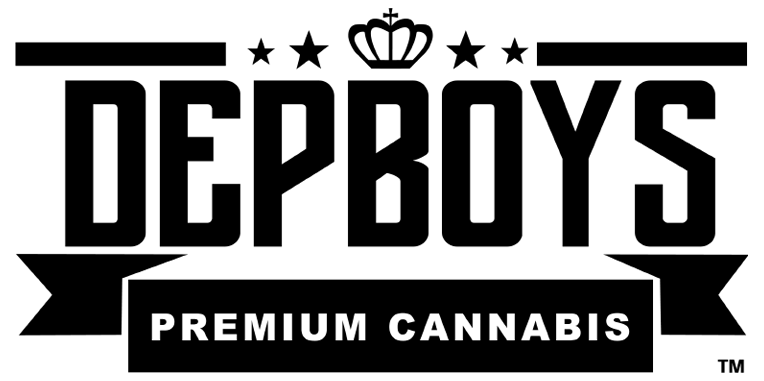cannabis news, Ex-NFL Player, LA Cannabis News, Law, Legalization, Marijuana Moment, Marvin Washington, News, nfl, Politics, Sports, Supreme Court, U.S.
Supreme Court Rejects Ex-NFL Marvin Washington’s Pot Legalization Bid
The U.S. Supreme Court announced on Tuesday that it will not hear a case challenging the constitutionality of federal marijuana prohibition.
A coalition of medical cannabis advocates, including former NFL player Marvin Washington, young patient Alexis Bortell and military veteran Jose Belen, initially filed a lawsuit against the Drug Enforcement Administration (DEA) in 2017. But while the case has gradually moved through the judiciary, the decision by the high court represents a sound defeat for the challenge.
The justices met to discuss this and other pending matters last week. Activists were hopeful that their arguments—combined with the support they received from advocacy groups and members of Congress—would compel the Supreme Court to take up their suit. But the justices ultimately listed it among the cases that they are declining to take up.
That’s not especially surprising given the small percentage of cases that the high court accepts, but it’s a major setback for the activists nonetheless.
“While not surprising, as less than one percent of all petitions to the Supreme Court get a hearing, it is still very disappointing, as we been fighting for this case for over three years now,” Sebastien Cotte, whose son Jagger was a plaintiff in the case, told Marijuana Moment.
“However, we must not forget that this case has been groundbreaking on so many levels. Not only a did federal judge say on record that looking at Alexis, Jagger and Jose that it is undeniable that cannabis has medical properties, but we also believe that this case moved the needle closer to descheduling of cannabis by bringing extra awareness to the unfairness of the current classification of cannabis,” he said. “We are confident our case will help another case down the road achieve the ultimate goal, as everyone knows that it is not a question of if cannabis will be descheduled, but when.”
The case was rejected in a series of rulings by lower courts, but attorneys for the plaintiffs said those decisions made it clear their only source of acceptable relief would come from the Supreme Court.
That’s because both a U.S. District Court and U.S. Court of Appeals for the Second Circuit previously determined that advocates would have to first seek administrative relief through existing channels such as a petition asking DEA directly to reclassify cannabis.
To Read The Rest Of This Article By Kyle Jaeger on Marijuana Moment
Published: October 13, 2020

